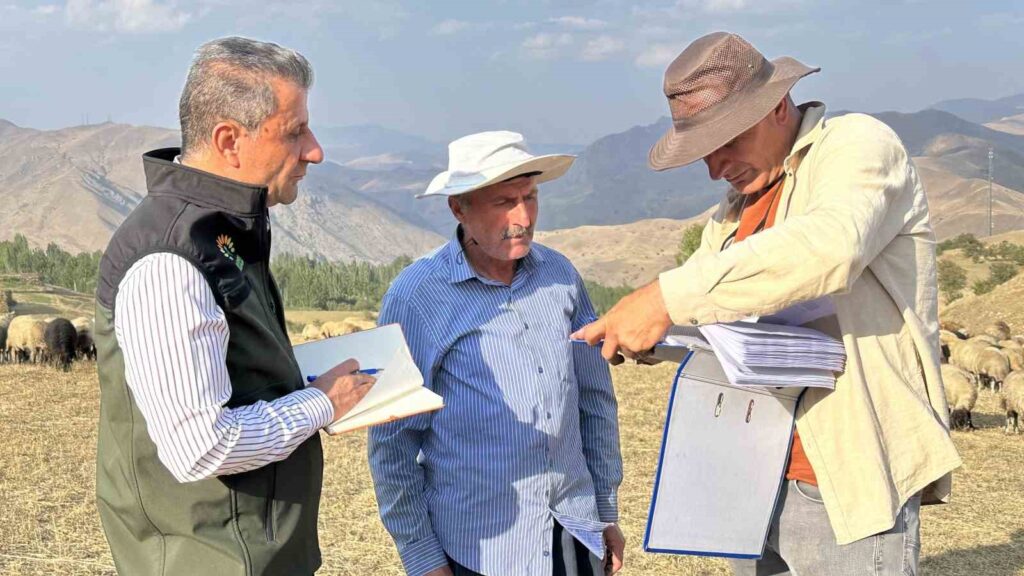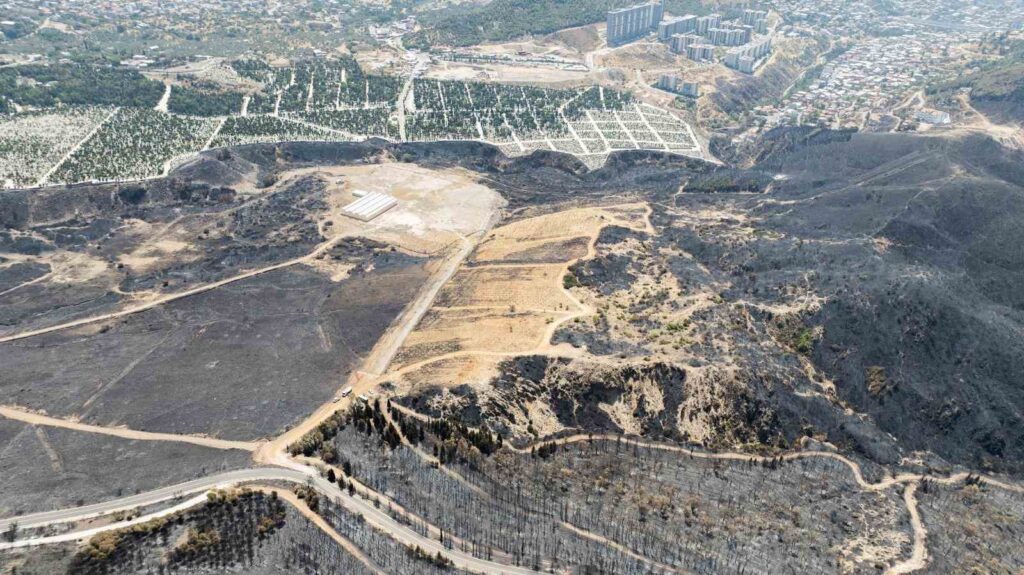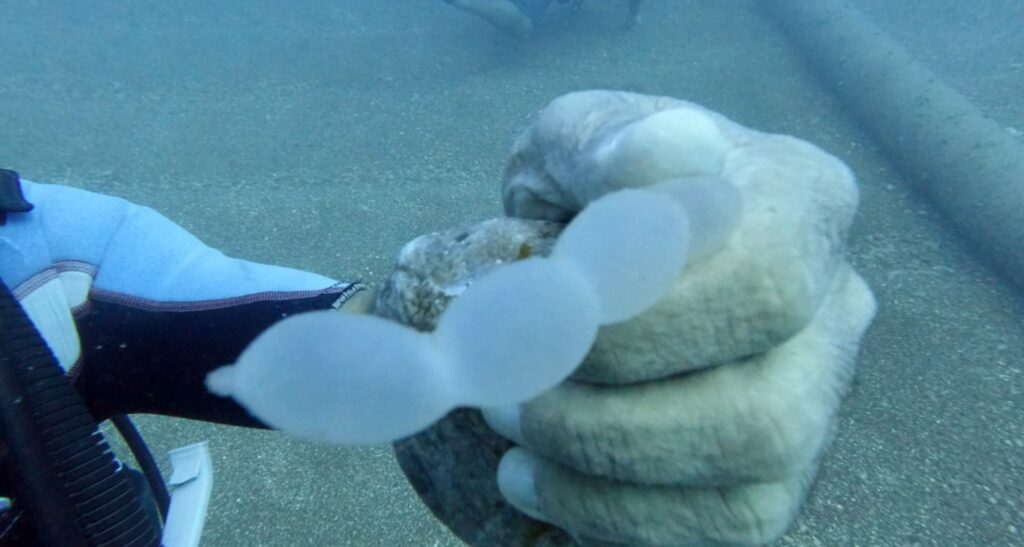Airborne Dust Transport and Its Effects on Bees
Dust movement can have negative effects on bees. In this content, you can find detailed information about the potential effects of dust movement on bees.

In recent times, dust transport effective in Eastern and Southeastern Anatolia has adversely affected bees. The dust accumulated on flowers hinders the flow of nectar and pollen, causing stress in bees.
Due to the climate change caused by global warming, extreme meteorological events are being experienced nowadays. In this context, dust transport has been effective in Eastern and Southeastern Anatolia recently.
- Bees become stressed due to dust transport, and the flowers are covered with dust.
- Due to dust accumulation, bees have difficulty accessing nectar and pollen.
Expected Challenges in the Beekeeping Sector
Fırat Canbay, President of the Elazığ Beekeepers Association and Chemist, stated that stress occurs in bees due to dust transport, and this situation could lead to decreases in honey yields. He emphasized that especially the meteorological changes in the region could affect natural selection in the long term.
President Fırat Canbay, stating that the beekeeping sector is experiencing the spring season in the region, emphasized that despite Meteorology warnings, dust transport continues, which could bring a costly process to the sector.
- It has been stated that dust transport during the honey flow period could negatively affect the productivity of bees.
- If dust transport continues, additional costs may arise due to colonies not being able to benefit sufficiently from the flowers.
President Canbay stated, “Especially the presence of colonies in the spring season is one of the most important factors affecting productivity and yield. It is a sector in contact with nature. Nature also needs to be alive and productive. Of course, this alone is not a sufficient reason. The colony also needs to enter the honey flow period strong. Therefore, colonies that cannot develop sufficiently due to dust transport, cannot increase their presence, are likely to face a decrease in productivity during the honey season,” he said.
Canbay said, “Especially, we talked about negative developments in nectar and pollen transport. In addition, negative effects related to stress in bees due to this dust transport are also observed. Complaints have been coming from the region for the last 10 days. It is a fact that especially colonies exhibit aggressive behaviors and stress-related conditions are observed. When we examine the reasons for these, we can really evaluate one of the negative developments of dust transport as one of the most important negatives on bee presence. One of the most important negatives of dust transport on bee presence is the stress it causes in bees,” he said.
Canbay emphasized that due to the climate change caused by global warming, some extreme events have occurred in the region. “The region had a meteorological memory. For the last 5 years, we see this, the meteorological memory in the region has deteriorated and led to new memories. Over time, plants and other living organisms will undergo natural selection. But in the near future, this is not stopping as a positive development. In the long term, this can also turn into natural selection,” he said.






